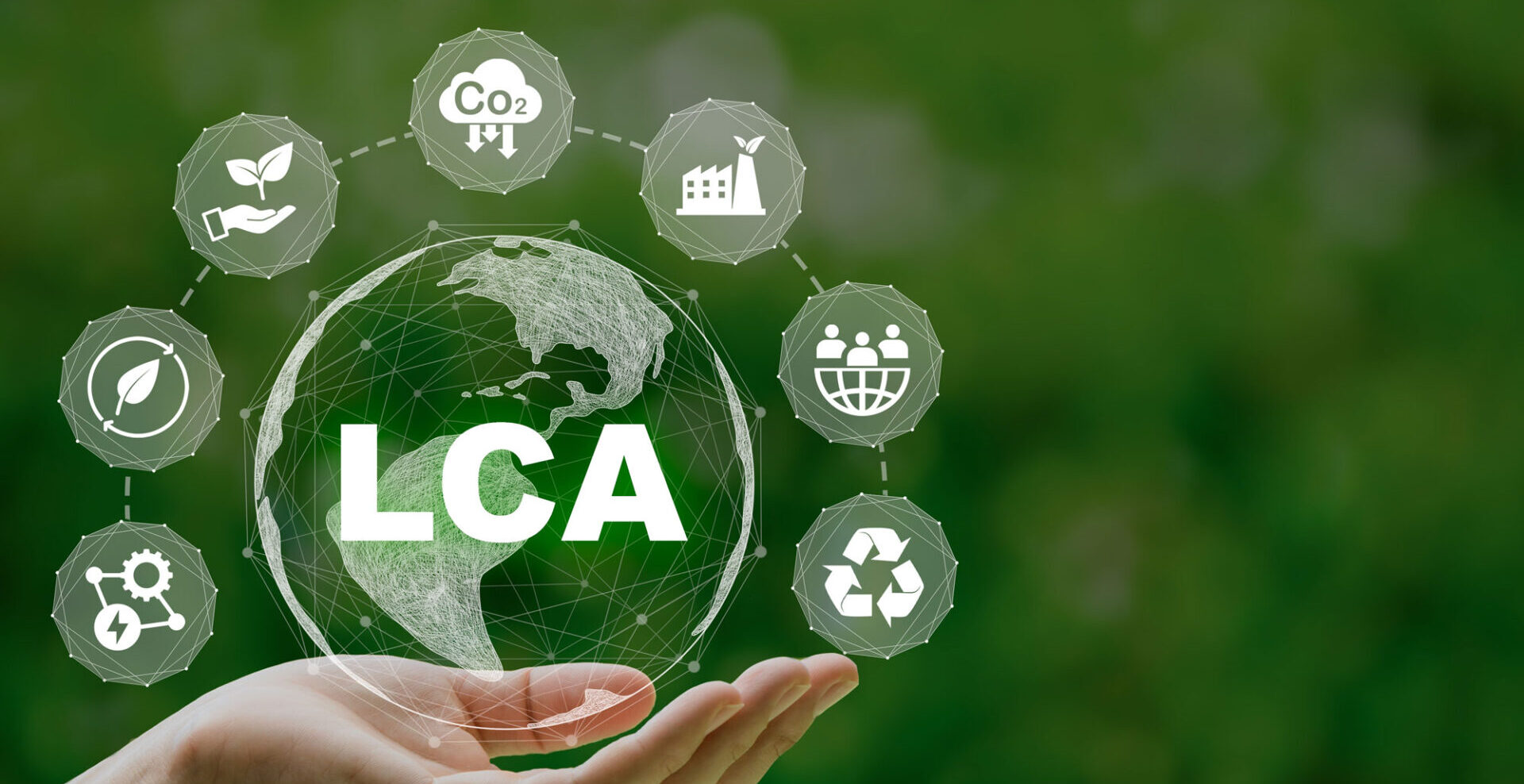
Life Cycle Analyses (LCA) track and analyze the environmental impact of the creation and use of a product from cradle to grave, and specifically in this case, the climate impact of the associated Carbon Dioxide Equivalent (CO2e) emissions. LCAs intend to account for associated but less apparent impacts such as the fuel used in shipping, the packaging, the recycling of a product at the end of life, etc.
The biochar that is the subject of this report begins as biomass waste from forestry and agricultural operations, which is processed by the All Power Labs Charpallet biochar reactor, and finally used as a soil admixture. Empirical values and research of the specific processes as well as a survey of existing literature are used to quantify the inputs and outputs at each stage of the product lifecycle.
The results of this preliminary study show that the emissions generated in the operation of the reactor for the production of the biochar are outweighed by the reductions in emissions either by direct action in the soil or displacement of other emissions as a result of the processing. This results in an overall carbon negativity for the full Life Cycle of the biochar product.
This LCA only focused on climate change impacts and calculated specific values only for CO2e. In the future primary emissions data will be used and will incorporate additional environmental indicators to strengthen the results and provide a more complete assessment. Based on conservative estimates of carbon stability in the soil and N₂O emissions for the equipment, calculations show that each ton of biochar applied to the soil removes approximately 2.75 tonnes of CO₂e from the atmosphere as a net value, considering life cycle emissions and soil carbon storage.